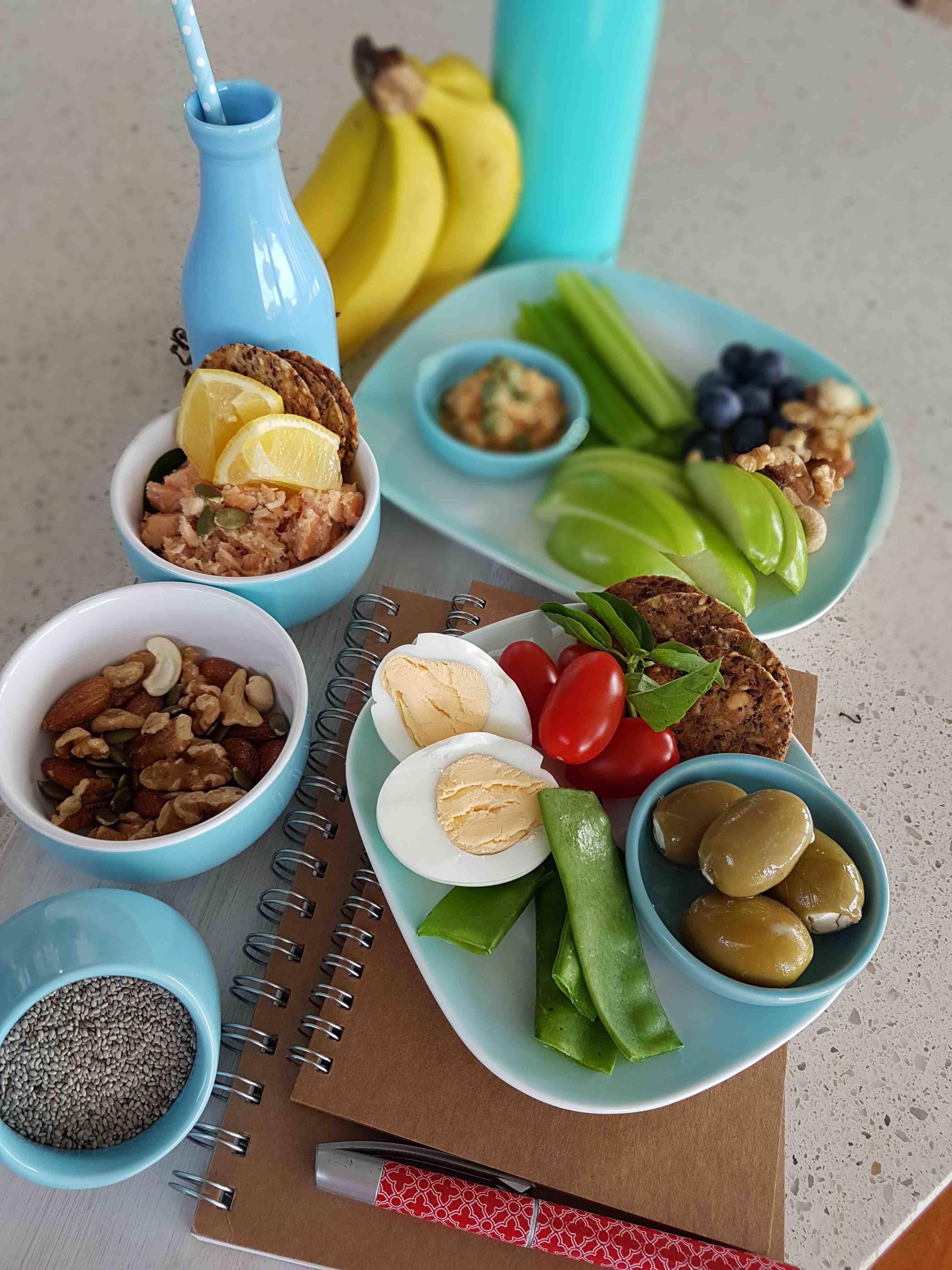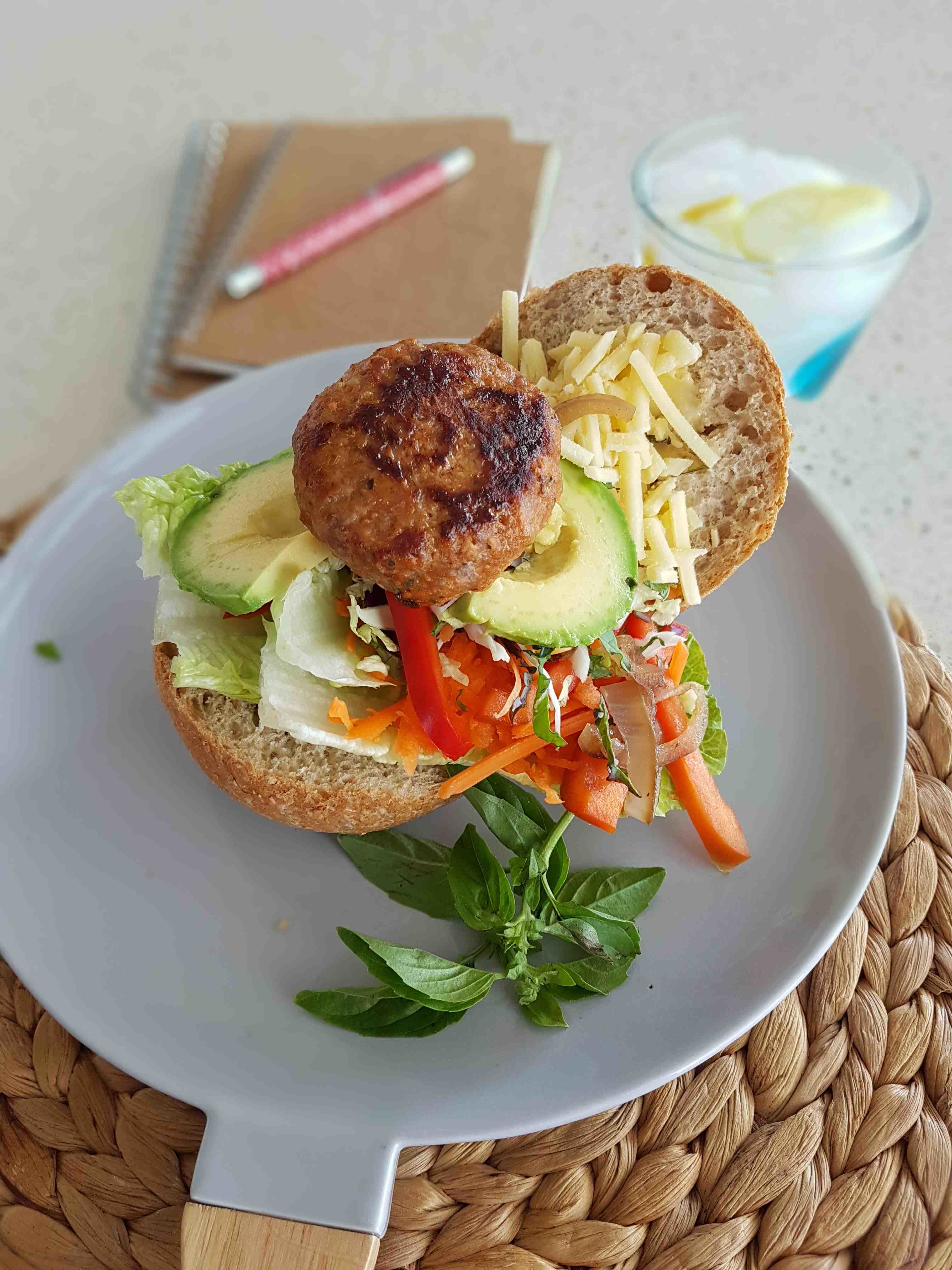 Everyone knows that a nutritious diet is important when training for a sports competition or a big game. However, many people don’t understand the importance of optimal nutrition for study and exam preparation. The brain requires essential nutrients and foods to improve alertness, concentration, memory, mood and your ability to cope with stress. Lack of sleep, missed meals and an over-reliance upon quick sugar-fixes or caffeine-hits can have a negative effect on your brain function.
Everyone knows that a nutritious diet is important when training for a sports competition or a big game. However, many people don’t understand the importance of optimal nutrition for study and exam preparation. The brain requires essential nutrients and foods to improve alertness, concentration, memory, mood and your ability to cope with stress. Lack of sleep, missed meals and an over-reliance upon quick sugar-fixes or caffeine-hits can have a negative effect on your brain function.
Protein rich foods are crucial to supply the brain with essential amino acids needed for the brain cells to communicate. Foods high in tryptophan are important for learning, memory and mood. The amino acid tyrosine is involved in production of norepinephrine (for long term memory) and dopamine (for motivation). Foods high in these amino acids are red meat, pork, chicken, fish, shellfish, cheese, soybeans, nuts and seeds. These foods are also rich in iron and zinc that are important minerals for the brain.
Omega 3 fatty acids found in in oily fish and salmon help brain function and improve concentration. If you are not a fish-lover, opt for walnuts, chia seeds and flaxseeds or flaxseed oil.
Many studies prove that a nourishing breakfast increases concentration, alertness and memory. It should be the frontrunner of any student’s day. Start the day with a bowl of rolled oats, LSA, milk and blueberries. Alternatively, blend it all down with some Greek yoghurt for a fuelled up smoothie. Enjoy avocado on wholegrain toast, toasted pepitas and a poached egg. Eggs are high in choline, which is an important brain chemical for memory and mood.
Watch out for the common trap of grabbing a quick-acting carbohydrate food (crisps, cake, lollies or soft drink) – they can give you a sugar high, but it will be inevitably followed by a sugar low. Another common trap is having a caffeine fix that will also leave you feeling worse over time, rather than better due to its short lived stimulant effect.
Smart Snacking
Snack smart during the day and evening (if you are a study night-owl) as small, regular meals are often better for energy, concentration and nerves. Schedule yourself a nourishing snack every two – three hours that combines slow acting carbohydrate foods (important for the calming hormone – serotonin), protein and fruits. Great study snacks are a fruit smoothie and a bliss ball, handful of nuts, cheese and apple, mug of chicken and vegetable soup, raisin toast with nut butter and sliced banana, hard-boiled egg on wholegrain crackers, or try a tin of salmon with carrot sticks and hommus. Take a 10 minute break every two hours to enjoy your study snack, followed by ten minutes of fresh air, quick walk or some yoga poses.
Stay well hydrated with water as dehydration causes listlessness, irritability and poor brain functioning. Keep your water bottle at your desk and drink it during each study session. Eating well, drinking well and sleeping well during your exam period are the keys to you achieving success.

